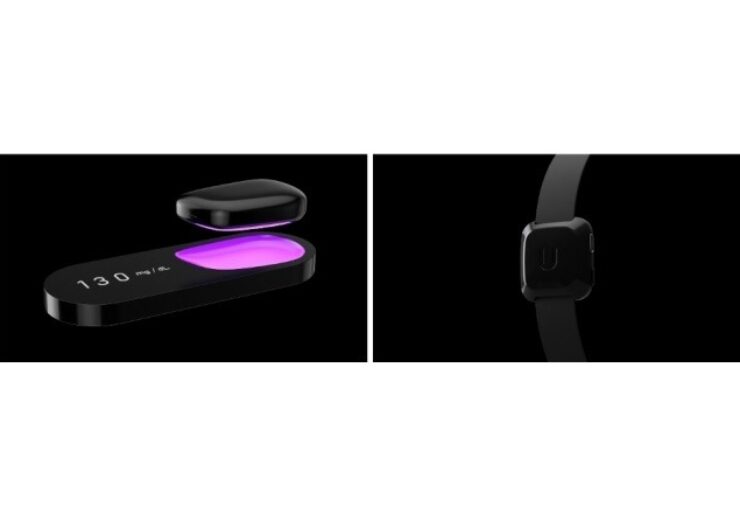The KnowU diagnostic device is designed as a convenient, non-wearable and on-the-go alternative to fingersticks, which are used to check blood glucose levels

The KnowU (left) and the UBand (right) are Know Labs' non-invasive glucose monitoring devices powered by its Bio-RFID technology. (Credit: Business Wire)
Non-invasive medical diagnostics provider Know Labs has expanded its non-invasive glucose monitoring product portfolio with the introduction of new KnowU diagnostic device.
The KnowU is a new portable medical-grade glucose monitoring device, which uses the company’s non-invasive diagnostic technology called Bio-RFID.
Know Labs has designed the new KnowU as a convenient, non-wearable and on-the-go alternative to fingersticks, which are used to check blood glucose levels.
Know Labs CEO and Bio-RFID inventor Phil Bosua said: “We know that not all people with diabetes are looking for a wearable continuous glucose monitoring device to manage their diabetes. Some simply want to replace the painful, inconvenient and expensive fingersticks they currently rely on.
“The Bio-RFID sensor we currently use for our internal product testing fits in your pocket and is ready for final use, so we decided to create the KnowU as a portable, affordable and convenient alternative requiring no disposable items, such as test strips and lancets.”
The KnowU is said to join the company’s UBand, which is a medical-grade wearable continuous glucose monitoring device.
Know Labs is planning to begin the FDA pre-approval process for the KnowU diagnostic device next year.
The KnowU features two elements, including a base that powers the device and shows blood glucose readings.
Other element is a pocket-sized battery-powered portable monitor that consists of the Bio-RFID sensors, which allows the user to check blood glucose levels on the go.
Similar to the UBand, the KnowU will also use the company’s smartphone app to store and show readings.
According to the company, its Bio-RFID technology is developed to capture a unique molecular signature, by using spectroscopy that directs electromagnetic energy through a substance or material.
